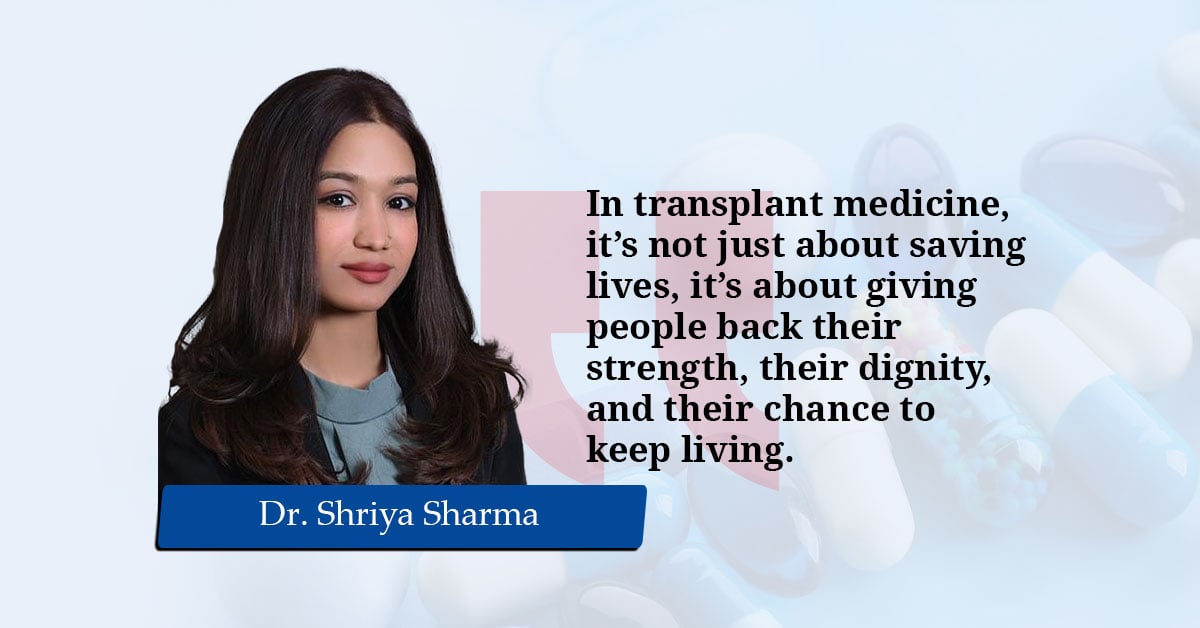

KATHMANDU: Raised in Kathmandu, Nepal, Dr. Shriya Sharma grew up surrounded by the vibrant contrast of rich culture and limited access to specialized healthcare.
It was there, in the shadow of the Himalayas, that her path toward medicine took root. Years later, her journey would carry her across the world from medical school to one of America’s top heart transplant centers where she would help transform the way clinicians support patients with end-stage heart failure.
Dr.Sharma, currently an anesthesiology resident at Boston Medical Center (affiliated with Boston University), continues to receive recognition for her meaningful contributions to cardiac research during her time at the Mayo Clinic in Florida.
There, she worked at the intersection of innovation and survival, exploring how mechanical circulatory support, particularly the Impella 5.5, can change outcomes for patients facing end-stage heart failure. “You don’t forget the first time you watch someone regain hope after struggling to breathe,” Dr. Sharma says.
“In transplant medicine, it’s not just about saving lives, it’s about giving people back their strength, their dignity, and their chance to keep living.”
While working at one of the country’s premier heart transplant centers, Dr. Sharma was immersed in both the science and humanity of critical care.
Her research centered on the Impella 5.5, a next-generation microaxial pump that assists the heart’s left ventricle in pumping blood throughout the body. With limited donor organ availability, devices like the Impella 5.5 have become vital, especially as a bridge to transplant for critically ill patients.
In recent years, mechanical circulatory support has become more prevalent, particularly after the 2018 policy change by the United Network for Organ Sharing (UNOS), which restructured how patients are prioritized for heart transplants. As a result, more patients are now being supported with devices like the Impella while awaiting a suitable donor organ.
“The reality is, we don’t have enough hearts for everyone who needs one,” she explains. “So we turn to devices like the Impella 5.5, not just to buy time, but to give patients a real chance at surviving the wait and recovering after surgery.”
Through her clinical research, Dr. Sharma and her team observed that patients supported by the Impella 5.5 had a 91% survival rate more than two years after transplant, an extraordinary outcome. But survival wasn’t the only benefit. Within just 72 hours of receiving Impella support, patients were able to walk nearly twice as far as before, a crucial sign of resilience and strength ahead of a major surgery.
Additionally, many patients showed significant improvement in kidney function, and none required dialysis or dual-organ transplantation, complications that are often associated with advanced heart failure.
These findings were presented at national cardiovascular conferences and published in peer-reviewed journals.
She adds, “There’s this window where everything feels uncertain, patients are sick, scared, and waiting. With the Impella, we give them back stability. That changes everything, not just physically, but emotionally.” Eligibility for heart transplant is a careful, multi-layered evaluation.
Candidates are typically under the age of 70 and diagnosed with end-stage heart conditions such as cardiomyopathy or coronary artery disease. Many face severe limitations in activity, classified as Stage IIIB or IV heart failure.
Patients must also demonstrate they can adhere to treatment plans and won’t be at higher risk for complications due to other illnesses such as active infections, cancer, or kidney and liver disease. It’s a rigorous selection process, which is why mechanical support can be the difference between life and death.
“Every transplant patient comes with a different story,” Dr. Sharma says. For Dr. Sharma, the data matters, but the people matter more. “Some of these patients couldn’t even speak full sentences when they arrived,” she recalls. “Three days after getting the Impella, they were walking, talking, and laughing with their families.
That’s what stays with you.” With her roots in Nepal, her training from some of America’s top institutions, and her eyes set on the future of heart transplant care, Dr. Shriya Sharma represents a powerful bridge, between continents, between science and empathy, and between survival and strength.